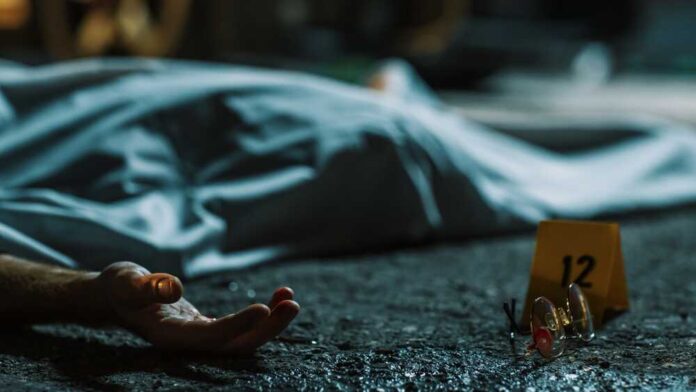The U.S. attorney general’s office has decided not to press federal charges in the death of a 25-year-old American woman on holiday with friends in Mexico last year.
After investigating the death of a North Carolina lady named Shanquella Robinson, Federal Bureau of Investigation (FBI) agents met with Robinson’s loved ones to share their findings. After evaluating the autopsy and other evidence, the FBI has concluded that they lacked sufficient grounds for federal prosecution.
A video of Robinson, a businesswoman from Charlotte, being poorly beaten in a resort area of San Jose del Cabo, Mexico, went viral last October. Late last year, local prosecutors in the Mexican state of Baja California Sur brought accusations against another unnamed American lady suspected of killing Robinson in late October.
The Mecklenburg County medical examiner’s office found discrepancies between the autopsy they performed and the one performed in Mexico. There were differences because American investigators waited until Shanquella’s body was embalmed to conduct a second autopsy. Prosecutors in Mexico have blamed one of Robinson’s pals for her death. The cause of death was determined to be “severe spinal cord injury and atlas luxation” after Mexican officials conducted an autopsy.
As Mexican prosecutors have issued arrest warrants and are willing to pursue charges in this case, lawyers for the victim’s family have suggested that justice is still achievable for her death.
Lawyer Benjamin Crump wrote to President Biden and Secretary of State Antony Blinken on March 13 to demand the extradition of Dejahanae Jackson, one of Robinson’s six traveling companions, who was purportedly shown in the viral tape violently abusing Robinson in the villa in Mexico.
Although federal officials seldom comment publicly on the progress of an investigation, the Justice Department felt it was necessary to ensure the public that knowledgeable federal investigators had thoroughly examined all of the material and decided against filing any criminal charges. The DOJ also noted that they would carefully consider any emerging data.


















